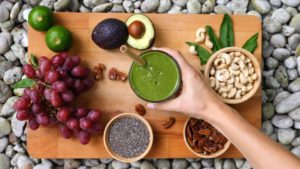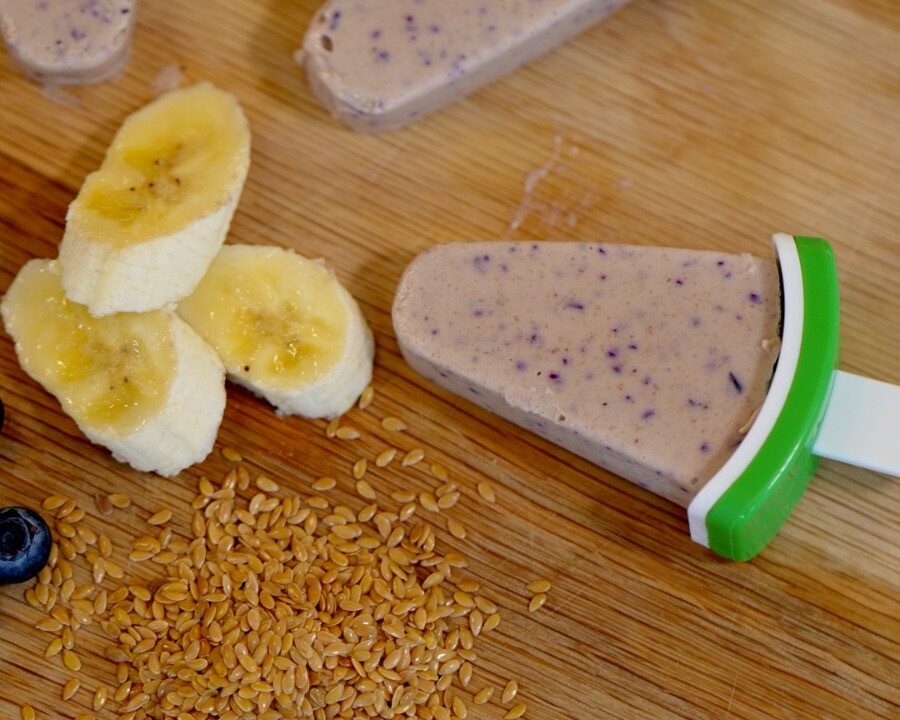As more people desire to turn away from meat and other animal products due to a variety of reasons — from health to ethics and environmentalism — it’s important that they are also educated on how to stay healthy and strong during the transition.
According to VeganHealth.org, a vegan diet can lower rates of high blood pressure by 50% to 75%, lower the risk of type-2 diabetes by 66%, and lower the risk of cancer by 15% to 20%. That said, if you are just experimenting with “Meatless Monday” or going cold “tofurkey” vegan for the first time, there are certain things that you have to now take into consideration in order to thrive.
Leo Babauta of Zen Habits wrote a popular article about his experience as a vegan for the last five years (after being a vegetarian for a decade). Here’s an excerpt below.
“I had a reader write to me about becoming vegetarian, and say that he went back to the gym and feels very weak. They didn’t like the feeling they got after eating meat, so wanted a change, but they’re worried about feeling weak.
Some things to say about this:
- It’s not necessarily eating vegetarian that is causing you to feel weak — it could be a number of other things, like not eating enough calories, not getting enough sleep, not being in the gym for a while, etc.
- If it is your diet, there are things you can do to address this. Getting enough iron, protein, calcium and other nutrients is a good idea.
- Lots of vegans are super strong — seriously, google it, there are pro football players, mixed martial artists, bodybuilders, Olympians, Crossfitters, and more who are vegan (male and female). This is strong evidence that you can be strong, fit and healthy as a vegan. If you try it and have trouble, it just might take some research and experimenting.”
He recommends eating plenty of beans and legumes, as well as nuts and seeds for protein.
For those that are seeking out healthier, less processed alternatives, it’s important to note that many meat-alternatives like the Beyond Meat and Impossible burgers have been criticized for being overprocessed. Plant-based or not, it’s often true that the more local and the less processed you can get, the better.
Other “powerhouse foods of nutrition,” include greens such as kale, spinach, broccoli, and collard greens. If you have a hard time eating them on their own, try adding them to a creamy smoothie.
A big mistake that new vegans make is not getting enough iron. This can easily be solved by eating beans, grains, and greens. Vitamin C, found in citrus fruits, spinach, yellow and red peppers, and other foods, helps in the absorption of iron. Another common deficiency among people trying plant-based diet is B12, which can be found in fortified foods like soymilk and nutritional yeast. For insurance, you may choose to take a vitamin.
Healthy fats can be found in things like walnuts, ground flaxseeds, chia seeds, olive oil, etc.
To maintain your strength and agility, no matter what you are eating, but especially when you are changing up your diet, make sure to balance strength training with cardio and yoga. If you can exercise outside and get some vitamin D in the process, that’s even better.
For those seeking more information, VeganHealth.org is a great start on educating yourself.




